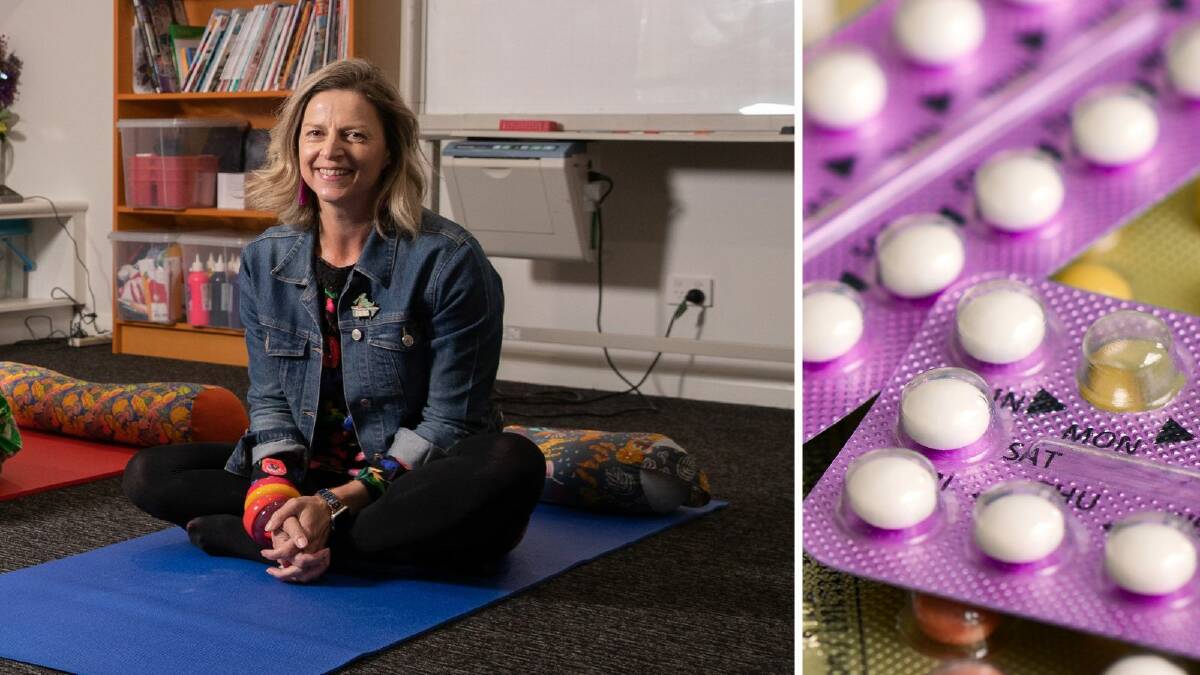
A proposal to allow pharmacists to conduct follow up consultations for some common prescriptions could have a positive impact on women's health in the region, Wagga women's health advocates say.
Subscribe now for unlimited access.
or signup to continue reading
With access to local GPs challenged by rising out of pocket costs and the rural health workforce challenged, the NSW government announced a trial to allow pharmacists to consult patients directly on the renewal of the contraceptive pill, and urinary tract infections (UTIs) for a 12-month period.
The program would enable pharmacists to renew oral contraceptive scripts written by a GP or nurse practitioner in the last two years, and directly prescribe common UTI treatments.
President of the Wagga Women's Health Centre (WWHC) Vickie Burkinshaw said this plan could go a long way towards improving women's health in the region.
"We're really supportive of this trial," Ms Burkinshaw said.
"We want women to have control over their own reproductive health, whether that's contraceptives, abortion or the morning after pill.
"We need to have more frank conversations about the reality of trying to access these services in the community."
IN OTHER NEWS:
Wagga is one of the most difficult areas in the country to access a pregnancy termination, and women often struggle to get accurate advice about their sexual and reproductive health.
Local doctors have been accused of refusing to offer any form of termination or contraception, even during a miscarriage.
Ms Burkinshaw argues addressing these cultural issues needs to begin with earlier education, and an acknowledgement of the failures of the abstinence focused sexual health curriculum of the 29 schools managed by Catholic Education Diocese of Wagga Wagga.
A curriculum resource provided by the diocese encourages students to "live a chaste life", and suggest pre-marital sex and the use of contraception are immoral.
"Contraception impedes the procreative potential of the marital act by wilfully suppressing the gift of fertility," it says.
The document goes on to recommend "natural family planning" to avoid pregnancy within a marriage, a range of practices with unproven effectiveness as contraception, and no ability to prevent the transmission of sexually transmitted infections.
The impacts of this may be visible in stubbornly high teen pregnancy rate, in spite of the abstinence only messages purveyed by diocese schools.
The WWHC also reported local women struggling to find a doctor willing to offer referrals for abortions, or long lasting contraceptives.
"There are only three or four doctors in town we know offer those services, and none of them advertise because they're afraid of being targeted," she said.
Ms Burkinshaw said the trial could be expanded to make it easier for women in the region to access necessary health services.
"We know it's a real challenge for women to get access to a bulk-billed doctor, and the trial only supports existing prescriptions - we'd like to see that change," she said.
"It's also for over 18s. So even though you can have a Medicare card at 16, you're not entitled to you know control over here and reproductive health at that age. It's disappointing.
"We don't want to cause women any further trauma attached to understanding their own needs as women, and I think any barriers that we can break down, it's a good idea."
The trial allowing pharmacists to prescribe UTI treatments begins on April 1, with oral contraception renewals to follow on July 1.
Our journalists work hard to provide local, up-to-date news to the community. This is how you can continue to access our trusted content:
- Download our app from the Apple Store or Google Play
- Bookmark dailyadvertiser.com.au
- Follow us on Twitter
- Follow us on Instagram
- Follow us on Google News
- Make sure you are signed up for our breaking and regular headlines newsletters















